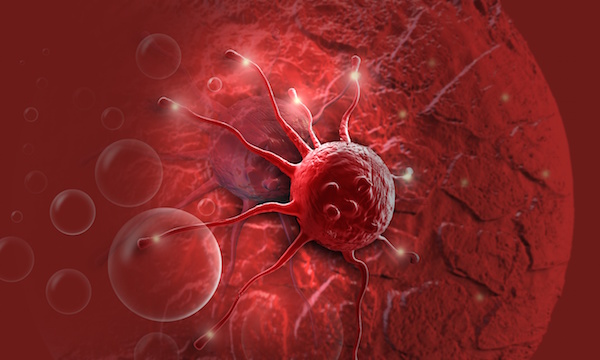
SUNDAY, April 25 (HealthDay News) — For some people, quitting smoking could be especially difficult because their dependence may be explained in part by genetics, three new studies suggest.
One of the reports, part of a trio of findings published online April 25 in Nature Genetics, found three genetic regions that were associated with the number of cigarettes smoked per day.
“One region was associated with smoking initiation, and one variant was associated with smoking cessation,” said study co-author Helena Furberg, a research assistant professor at the University of North Carolina. “The genetic variants on chromosome 15 that were associated with heavy smoking lie within a region that contains nicotine receptor genes, which other scientists have previously associated with nicotine dependence and lung cancer.”
The findings came from an analysis of phenotypes of 74,053 people.
More research needs to be done before these findings can be translated to the clinic, Furberg said. “At this time, getting tested for these variants will not tell you anything meaningful about your risk of smoking or ability to quit smoking,” she said. But in the future, researchers might be able to use these genetic variants to predict the effects of different smoking cessation treatments, she added.
“Until this goal is realized, all smokers should be encouraged to quit, regardless of genotype,” she said.
In the second report, a research team led by Clyde Francks from Oxford University tested the human genome for genes associated with cigarette smoking.
Based on an analysis of more than 40,000 people, they found that a group of genes on chromosome 15q25 is associated with the number of cigarettes that people smoke per day.
“Understanding the genetics of smoking addiction should have important implications for global health in the long term,” Francks said in a news release from Oxford.
The third study, from researchers in Iceland, also looked through the human genome to find genes associated with the number of cigarettes a person smokes daily. Using data from more than 70,000 smokers, it confirmed that genes on chromosome 15 were linked to tobacco use. The researchers also found two genes, CYP2A6 and CYP2B6, that were involved in nicotine metabolism and two others, CHRNB3 and CHRNA6, that play a role in how the body processes nicotine.
Some of these gene regions are also associated with a predisposition to lung cancer, the researchers noted.
“Key variants in each region associate with nicotine dependence and lung cancer, bringing up the question of whether the risk for lung cancer is through the effect on smoking behavior or whether it involves increased vulnerability to the harmful effects of smoking as well,” the authors wrote.
Dr. Norman H. Edelman, scientific consultant to the American Lung Association, said that the information reported by the study “adds to the current limited data indicating that predilection to smoking has some, perhaps significant, genetic component.”
However, Edelman said he thinks that any direct benefit from the findings is a ways off.
“I don’t think it will directly alter our approach to smoking cessation and prevention in the short term, but down the line it may help change attitudes toward smokers,” he said.
Too many people think of smokers as having self-imposed diseases, Edelman said. “Now we can see some had to fight a genetic predilection while being addicted by an aggressive tobacco industry while they were children, as almost all smokers start as teens or preteens.”
Robert West, a professor of health psychology and director of tobacco studies at the Cancer Research UK Health Behaviour Unit at the University College London, added that “there is clear evidence of a genetic contribution to development of nicotine dependence.”
These studies are helping to create a picture of what mechanisms may underlie this, “but we have a huge task ahead of us to turn this into something that can be used to help treat or prevent nicotine dependence,” West said.
“Whether the fruits of this work would ever have an effect as large as what could be achieved by interventions that we already know are powerful agents for change — such as physician advice, behavioral support programs, tax increases and mass media campaigns — is doubtful,” West added.
More information
The U.S. National Institutes of Health has information on smoking.

